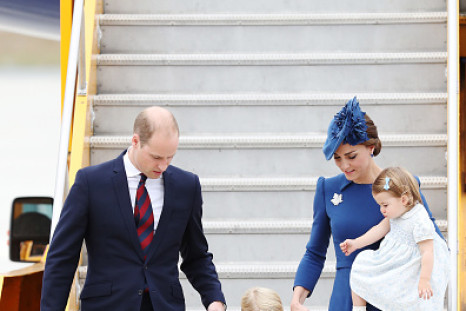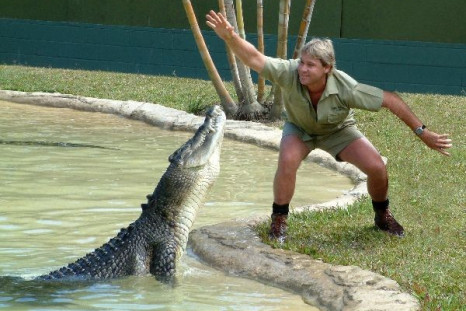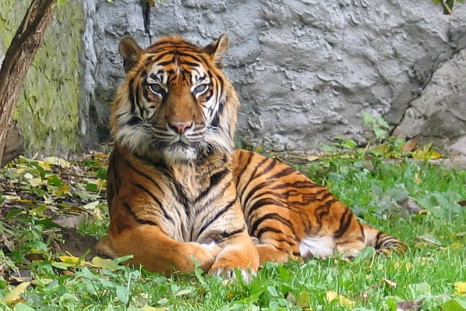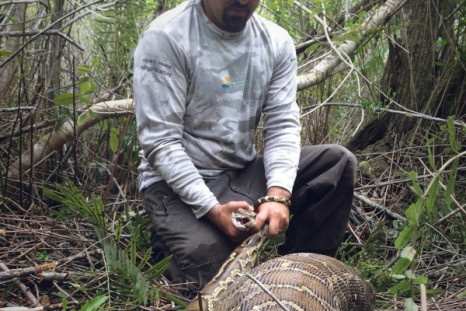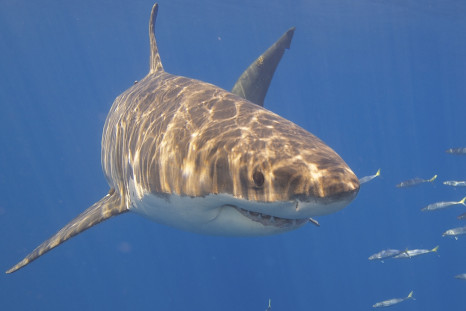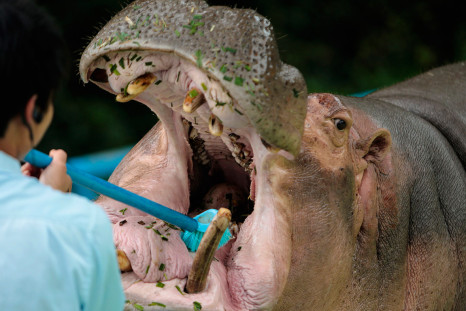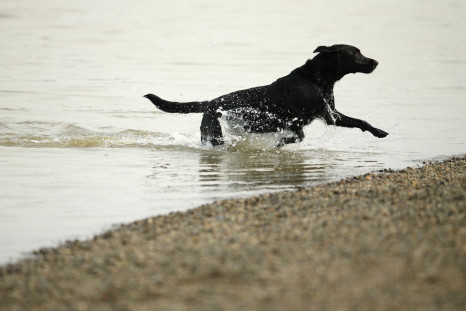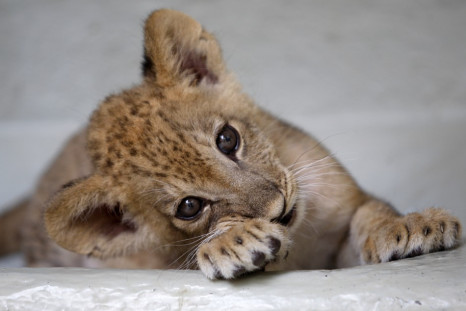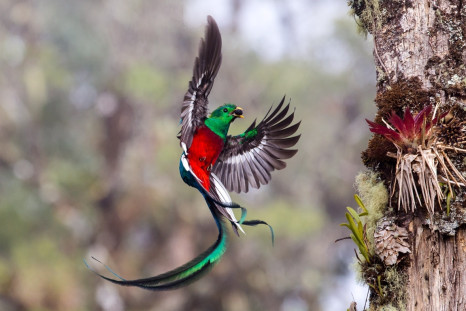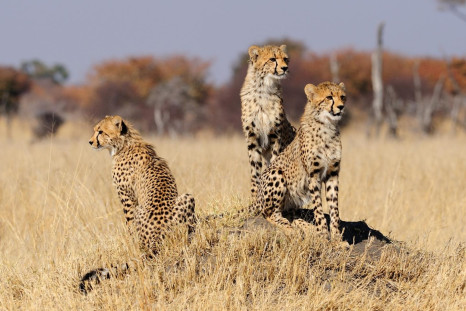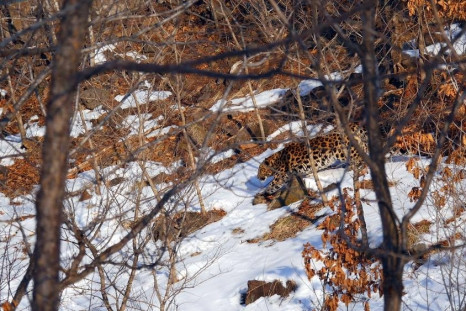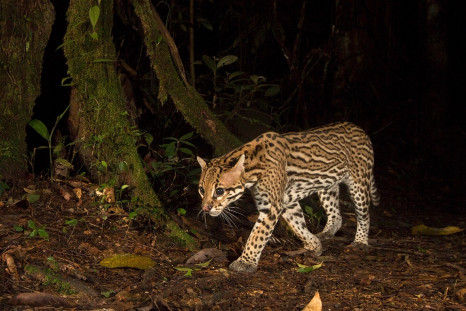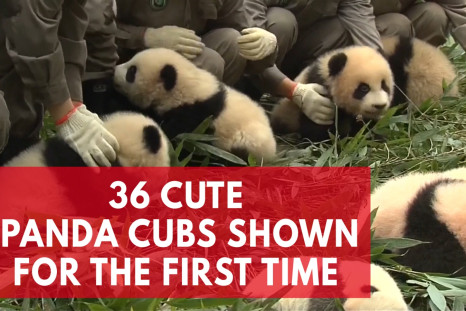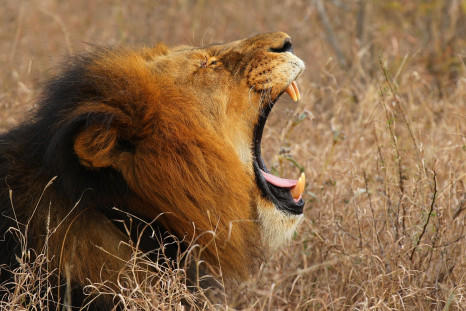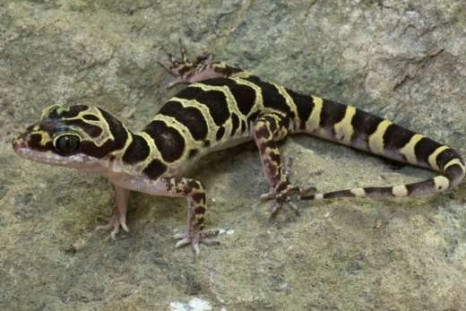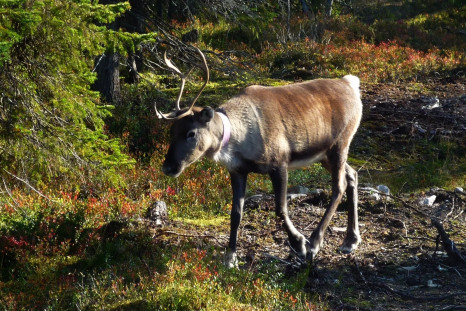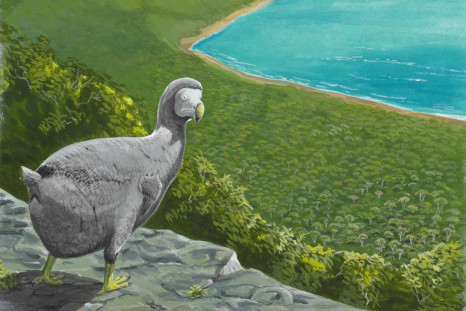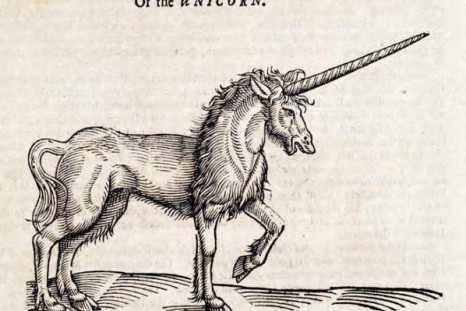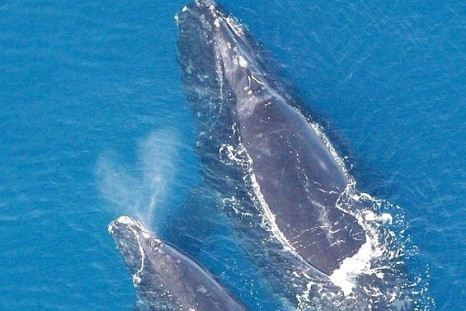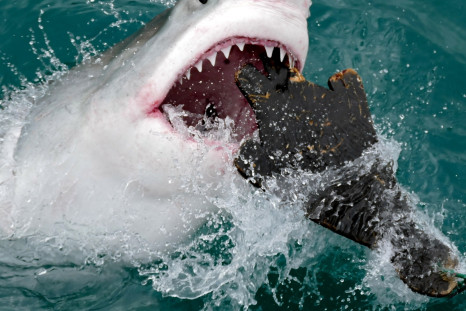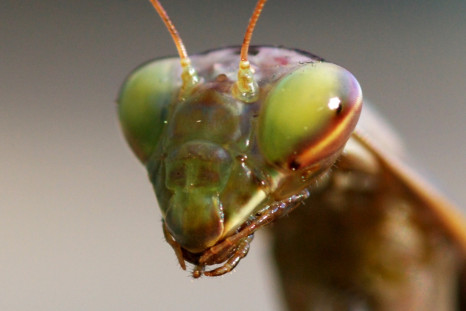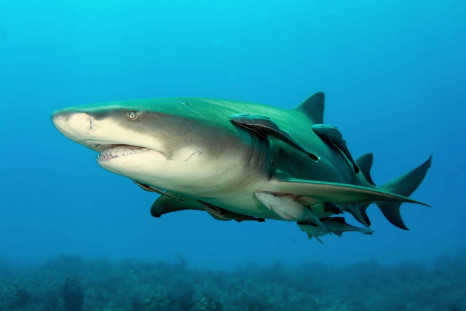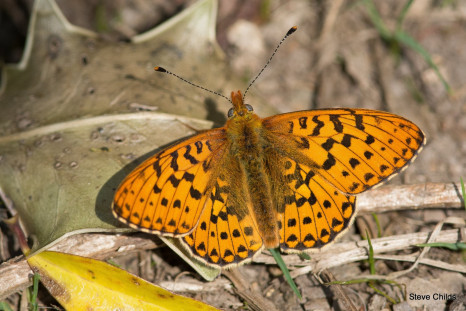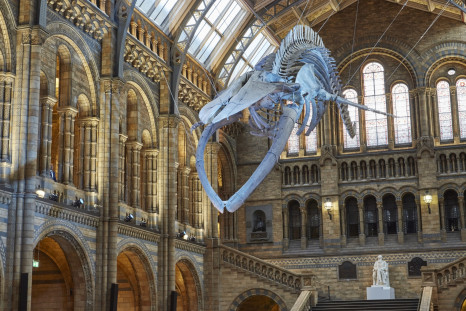Home
> Conservation
Conservation
Are National Parks Closed? Sites Are Staying 'Mostly Open' With 'Skeleton Crews' During US Government Shutdown
US national parks remain 'mostly open' with reduced services during the government shutdown, but skeleton staffing has raised safety and environmental concerns while threatening local economies reliant on tourism.
Rangers from Prince Harry's Charity Accused Of Abusing Indigenous People in Congo
Prince Harry's conservation charity has been accused of committing human rights abuse against the land's indigenous people including, rape, beatings, and waterboarding.
UK Government Says Nature Fund Added Over 2,500 Green Jobs to the UK Environment Sector
The UK government has revealed how its Green Recovery Challenge Fund helped add more green jobs and saved hectares of land across the UK through 150 environmental projects.
Rishi Sunak Accused Of Scrapping Fake Policies to Increase Public Perception
Rishi Sunak has been accused of scrapping fake taxes amid accusations of Suella Braverman of using her controversial asylum bills to attract a larger right-wing following.
Prince William reveals how George, Charlotte, Louis inspire his efforts towards conservation
Prince William launched an ITV documentary titled "A Planet For Us All" that was filmed over two years.
Seagulls litter Mullion Island with elastic bands
Protected nesting site Mullion Island is littered with elastic bands as sea-gulls mistake them for worms.
Crocodile Hunter Steve Irwin's life-long dream fulfilled 13 years after his death
Steve Irwin's family has fulfilled his wish of opening an elephant hospital in Indonesia to help conserve endangered Sumatran elephants.
Indonesian villagers kill endangered Sumatran tiger over fear it was a 'shape-shifter'
Residents of Hatupangan in North Sumatra killed the animal despite warnings by authorities not to touch it.
Burmese python devours entire deer to amazement of Florida's snake researchers
Researchers say the snake's prey was 110% of its body mass, making it the species highest ever predator to prey ratio.
There are at least 8,000 great white sharks in the waters around Australia
The new research has implications for the debate between balancing conservation efforts and reducing the risk of shark attacks.
Tanzania auctions off 3.5 tonnes of teeth from vulnerable hippos
Trade in hippopotamus teeth is legal but animal is listed as vulnerable by International Union for Conservation of Nature.
Common pet flea treatments are poisoning Britain's rivers
High levels of the chemical imidacloprid have been detected in a number of waterways across the country.
Swedish zoo killed nine healthy lion cubs because their upkeep was too expensive
Sweden's Borås Zoo has admitted to killing nine healthy lion cubs since 2012 because their upkeep was too costly.
It's National Bird Day - How many of our feathered friends can you identify?
January 5 marks National Bird Day - but how much do you know about our feathered friends? Take our quiz and find out.
Time running out for cheetahs as scientists fear for future of world's fastest land animal
A new review of cheetah populations in southern Africa suggests there are far fewer of the animals than previously thought.
Call of the world's rarest big cat recorded in the wild for the first time
The Amur Leopard is listed as a critically endangered species. There are fewer than 100 individuals left in the wild.
Ocelot captured using man-made path through jungle at night wins ecology photography contest
Although we think of man as having negative impacts on wildlife, several cats species use paths to rapidly move around the rainforest.
36 giant panda cubs fight for your attention in first public appearance
The program at China Conservation and Research Centre for the Giant Panda has its most successful year ever, with 42 cubs born in 2017.
'Atlas of life' – Researchers complete first global review of every land vertebrate
The survey documents the whereabouts of 31,000 vertebrates, highlighting regions around the world where biodiversity is particularly under threat.
Fifteen new species of gecko discovered in Myanmar in just two weeks
Researchers think each of the new species are confined to the individual limestone blocks where they were found.
Reindeer could save the Arctic tundra from vanishing
Reindeer are listed as vulnerable on the IUCN Red List, but they're doing a valuable job.
400-year-old bones solve mystery of what the dodo really looked like
16th and 17th century sailors differed wildly in their descriptions of the dodo's appearance.
How believing in fairies and unicorns could help to save endangered species
Believing in mythical creatures could be the best thing you ever did to save rare animals.
World Photo Day 2017: 10 powerful images that changed the world
Ten photos that brought about real change by influencing the way people think and swaying public and political opinion.
Why are endangered North Atlantic right whales dying in Canadian waters?
Ten whales have perished in the last two months.
Shark Week 2017: Five amazing ways they help humans
Sharks have been researched for treatments for cystic fibrosis and viral infections.
The 'smell of death' can drive species to extinction
The finding sheds light on a long-standing scientific puzzle known as the Allee effect.
5 incredible facts about sharks - from bioluminescence to asexual reproduction
From virgin birth to amazing ways they deal with swallowing rubbish, sharks are full of surprises.
David Attenborough: Worrying decline in UK butterfly count makes several species vulnerable
There are many endangered species of butterfly in the UK.
Meet Hope – the magnificent blue whale who replaced Dippy to guard the Natural History Museum
IBTimes UK took a tour around the transformed Hintze Hall, the old home of Dippy the dinosaur.
Pages
- 1
- 2
- 3
- 4
- 5
- NEXT






